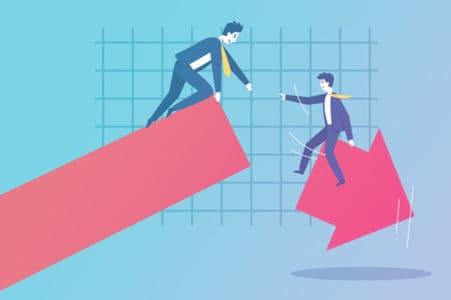G20, a grouping of major economies worldwide, works towards solving economic challenges faced by different countries collectively. India has now assumed the presidency of this prestigious grouping at a time when the world is facing an economic slowdown because of the continued Covid spread in China, the effects of the Russia-Ukraine war, rising fuel prices, and spiking inflation across the globe.
India has chosen the theme – Vasudhaiva Kutumbakam, welfare of all life forms in the world – which means the holistic growth of economies with a keen eye on protecting our environment and the planet.
Prime Minister Narendra Modi has said that the aim is to make it a people’s G20 through an inclusive and decisive presidency in a world recovering from the Covid pandemic.
The focus will be on the macroeconomic impact of food and energy security issues, climate change, and multilateral development banks (MDBs) that need strengthening. The inclusion of neglected sections into the economic mainstream, sustainable growth, public infrastructure driven by digital tools, and financing projects aimed at healing and protecting the earth.
Challenges Exist, But India Can Attempt to Solve Them
Challenges before the Indian presidency were solving trans-border conflicts in financing projects through MDBs to solve some of the problems being faced by economies. MDBs also have to track changes in the economic policies of the United States, which have a wide-ranging impact on the world economy as a whole. This entails reforms in the International Monetary Fund and World Bank, two of the most important global financial institutions.
As the Indian presidency aims at equal distribution of financial resources among different economies, especially developing countries, it has to look at ways to apportion the finances already available with MDBs and raise fresh capital.
India is a member of many groupings in the global south, where many of the struggling economies are situated. Helping the cause of these countries will be difficult as their goals of sustainable growth have gone awry because of the Covid pandemic, which has exposed major flaws in their healthcare systems. India, which handled the Covid crisis more effectively than most countries, can pass on its digital technologies, vaccine monitoring, public health, and affordable medicare expertise.
The other major challenge is to ensure a proper supply of fertilizers, as the Russia-Ukraine war has wreaked havoc. Russia and Belarus manufacture 40% of the world’s potash, while Russia alone supplies 23% of the world’s ammonium nitrate requirement. But as the war has disrupted supply chains, a severe shortage of this essential farm input leads to spiraling prices. It is said that in Africa, fertilizer prices have gone up by 300% in the last few months. There is now a serious threat of a global food crisis, and the planet could starve.
As the G20 provides a common platform for different global bodies to come together, India can use it effectively to implement the Paris Agreement, which aims to bring down the global temperature by 1.5 degree Celsius by 2030. Though this provides an opportunity for green growth and implementing pro-environment practices, it requires a large capital that India can raise through IMF and WB.
The G20, whose countries constitute 85% of the world’s GDP, 75% of global trade, and two-thirds of the world’s population, can bring in changes in the World Trade Organisation, which has been the long-standing demand of many countries. The world needs better-managed international financial institutions to tackle newer realities in a post-pandemic scenario, and this is where India can come into the picture.













